Have you ever found yourself trying to guide a new farmhand, only to feel like you’re speaking another language? Or perhaps you’ve brought on an experienced worker and found that their way of doing things clashes with your farm’s methods. If this sounds familiar, it’s because there’s a crucial distinction between training and coaching—and knowing when to use each can make or break the workflow of your farm.
This realisation hit me one morning while reflecting on how we learn to drive. When someone is learning to drive for the first time, they need training—clear, step-by-step instructions on how to start the car, use the indicators, check mirrors, and apply the brakes. At this stage, they don’t have the habits yet, so structured guidance is crucial.
But once they’ve mastered the basics and are comfortable on the road, coaching becomes more effective. Instead of telling them every move to make, a good coach asks, “What’s the safest way to approach this roundabout?” or “How can you anticipate that driver’s next move?” The goal is to develop their ability to think ahead, assess risks, and make decisions independently.
Farming is no different. Some tasks require training, while others require coaching. Knowing when to apply each approach can transform how your team works on the farm.
The Difference Between Training and Coaching
1. Training: Teaching New Skills and Habits
Training is about providing a clear, structured process for someone who lacks the necessary skills or habits. It involves breaking things down into step-by-step instructions so that the new team member can replicate the actions until they become second nature.
When to Use Training on Your Farm:
- When onboarding new farmhands who don’t yet understand your farm’s systems and processes.
- When you need to establish habits—such as attending Monday morning meetings on time or following safety procedures.
- When introducing task management systems—instead of workers asking you for their next job, they should be trained to check a dashboard or system.
- When setting up farm policies, such as ensuring no one smokes in the workshed or consistently using PPE.
Examples of Effective Training:
- Farm Meetings: New workers should be trained to attend weekly team meetings 10 minutes early, contributing prepared insights.
- Task Management Systems: Instead of constantly asking what needs to be done, farmhands should be trained to follow digital dashboards for job priorities.
- Equipment Use: Workers need clear training on how to operate tractors, irrigation systems, or livestock feeding routines safely and efficiently.
Training ensures that every new hire starts on the right foot, learning the correct procedures from day one.
2. Coaching: Refining and Enhancing Skills
Coaching is about guiding individuals to review or refine their approach, improve decision-making, and challenge old habits. It works best when the person already has a way of doing things but may need feedback, reasoning, and structured improvement.
When to Use Coaching on Your Farm:
- When a worker already has experience but needs to adapt to your farm’s way of doing things.
- When team members need help with problem-solving or optimising existing workflows.
- When experienced workers bring in new methods—coaching helps compare approaches and decide the best one.
- When farm culture needs improvement—coaching helps workers buy into the farm’s values and understand why certain systems exist.
Examples of Effective Coaching:
- Experienced Farmhands Adapting to Your Farm Culture: If a new worker has been managing livestock for years at other places but has never used a farm calendar system, coaching helps them transition smoothly.
- Adjusting Farm Methods: Suppose a new farmhand brings a different way of shearing sheep. Instead of forcing them to adopt your way, coaching allows you to evaluate both methods and decide on the best approach.
- Decision-Making and Leadership Growth: Instead of telling a worker what to do when faced with a problem, a good coach asks questions: “What are a few ways to handle this? What are the possible outcomes? What’s the best way moving forward? ”
Coaching helps workers think for themselves rather than relying on constant instructions.

Difference Between Training and Coaching: A Farm Example
Imagine you’ve hired two new workers:
- Worker A has never worked on a farm before.
- Worker B has 10 years of experience but on a different type of farm.
Worker A benefits from training. They need to learn from scratch—how to attend farm meetings, check the task management system, follow safety rules, and operate equipment correctly.
Worker B, on the other hand, may benefit from coaching. They already know how to feed livestock, but their method may differ from yours. Rather than dictating a single approach, coaching helps compare methods, refine processes, and make informed decisions that align with your farm’s goals.
Disclaimer: The key is understanding that training and coaching are not exclusive to experience levels. A fresh perspective from a new worker can challenge outdated habits, introduce cross-industry insights, and add unexpected value. Likewise, experienced workers may still need training on farm-specific systems. The right approach depends on the long-term relationship you’re building with your team and how effectively you put systems in place. When systems support both learning styles, your farm can run smoothly without constant reliance on you.
Key Takeaways for Farm Owners and Managers
- Use training to establish habits and introduce new systems.
- Use coaching to refine processes and empower experienced workers.
- Training requires step-by-step instruction; coaching involves questioning and guidance.
- Training is about following a recipe; coaching is about helping workers create their own solutions.
One Farm Tip: Set the expectation that change is constant on your farm. New systems, better workflows, and smarter habits will always be introduced, and both training and coaching are essential in ensuring everyone adapts successfully.
A Farm That Runs Without You
A well-run farm is one where every worker knows what to do, when to do it, and why it matters—even when you’re not around.
By balancing training for new skills and coaching for experienced hands, you create a farm where tasks are completed efficiently, workers grow into leaders, and operations run without you having to micromanage everything.
It all starts with understanding the difference between teaching and guiding—and applying the right approach at the right time.
Want to learn more about creating a self-sustaining farm operation? Book a FREE Discovery Call with one of our professionals today and take the first step toward reclaiming your time on the farm.
If you found this article helpful, share it with your network to help others unlock their farming potential. Don’t forget to like and follow us on social media for more insightful tips: Facebook, Instagram, and LinkedIn. Let’s empower more farmers together!


 Enable Ag
Enable Ag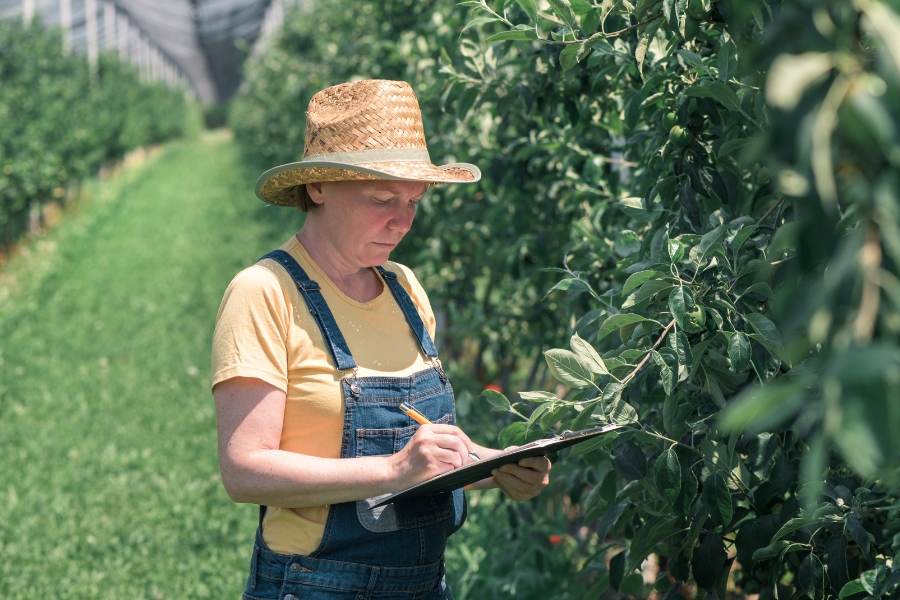 Enable Ag
Enable Ag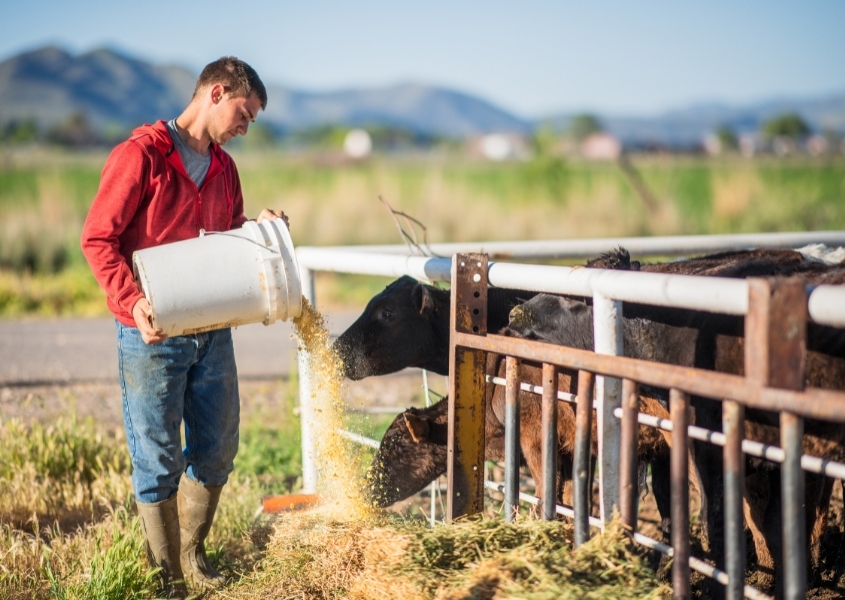
 Enable Ag
Enable Ag
 Enable Ag
Enable Ag
 Enable Ag
Enable Ag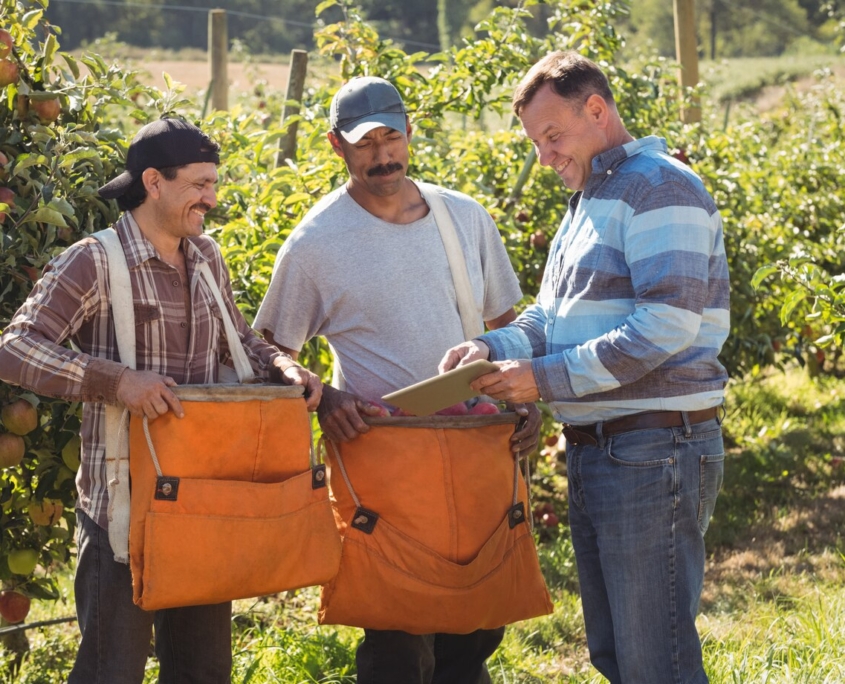
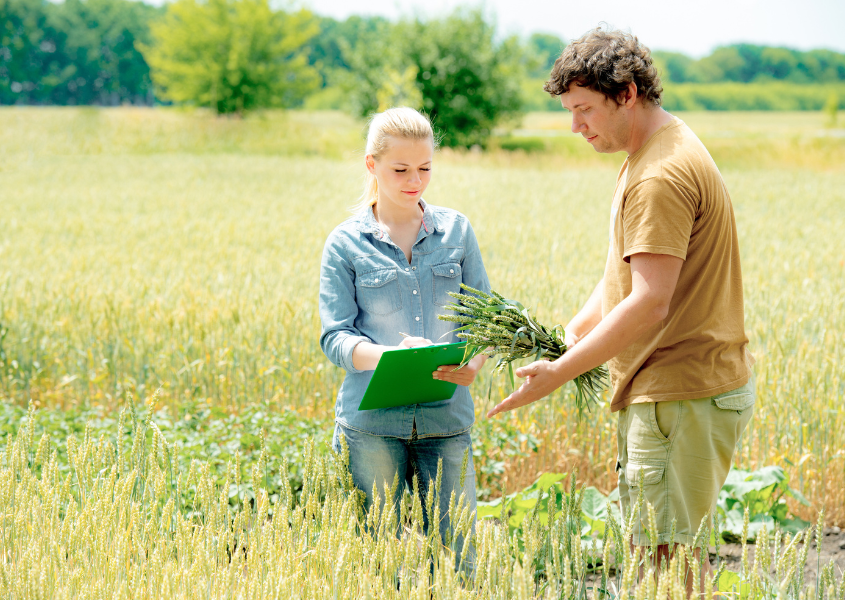

 Enable Ag
Enable Ag
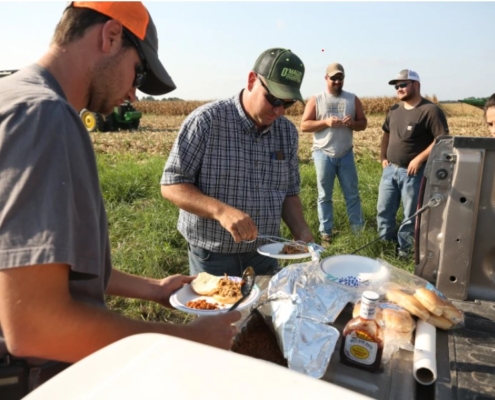

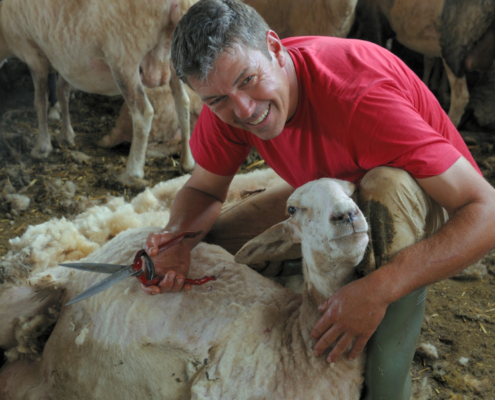

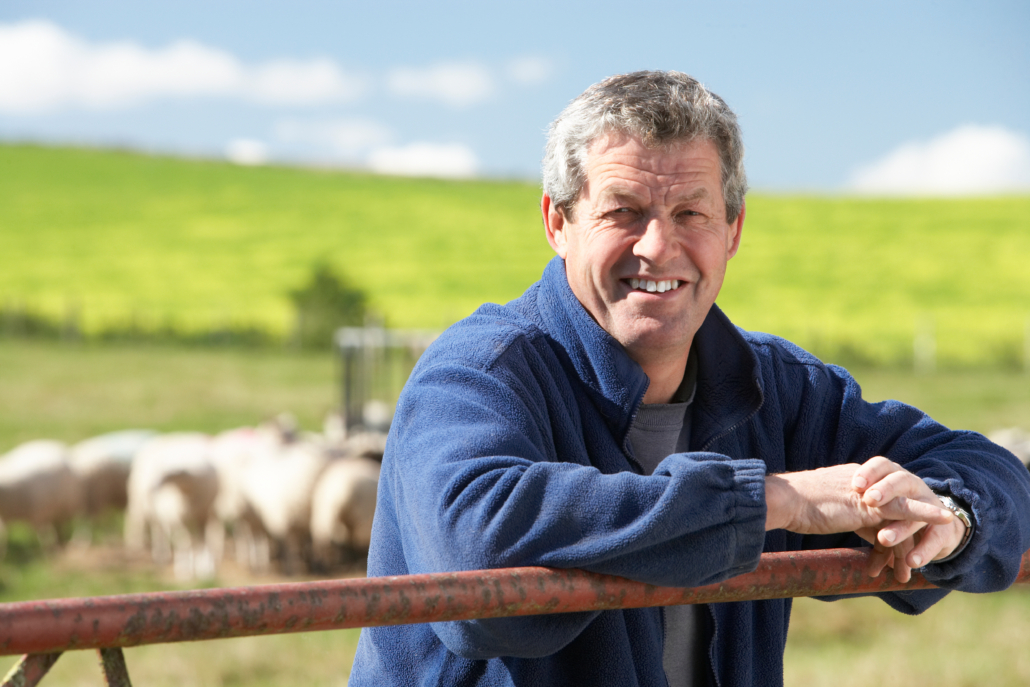 Enable Ag
Enable Ag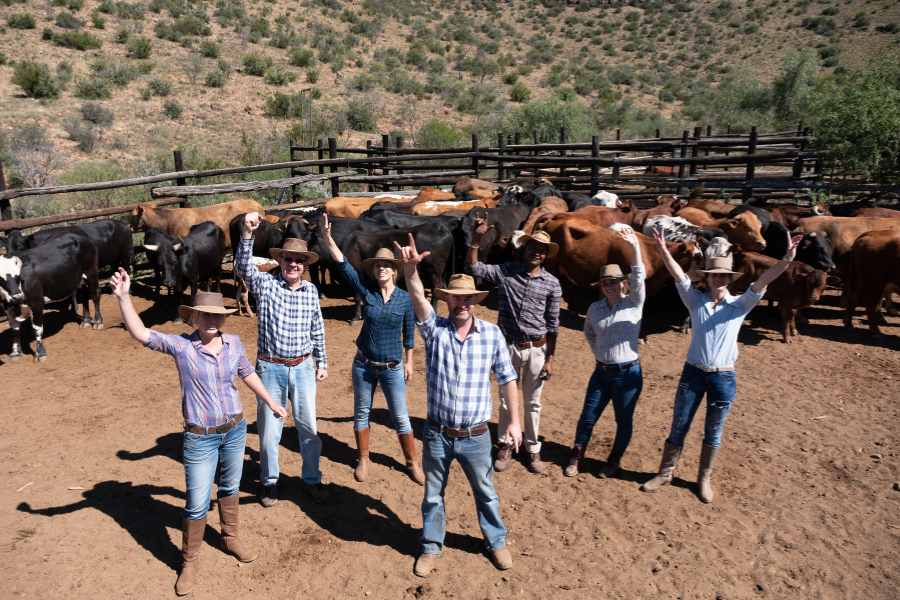

 Enable Ag
Enable Ag
